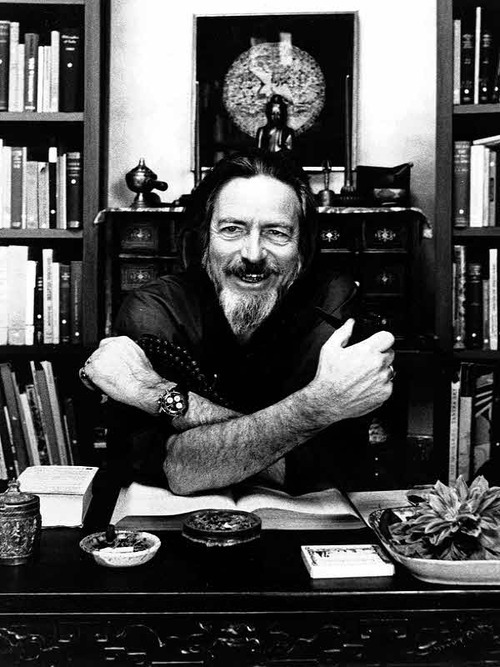[That which] is deepest and most real about each of us cannot be limited by any transitory state, shape, or event.
—Noelle Oxenhandler, “Mind the Gap”
—Noelle Oxenhandler, “Mind the Gap”
A personal blog by a graying (mostly Anglo with light African-American roots) gay left leaning liberal progressive married college-educated Buddhist Baha'i BBC/NPR-listening Professor Emeritus now following the Dharma in Minas Gerais, Brasil.

Throw away holiness and wisdom, and people will be a hundred times happier. Throw away morality and justice,and people will do the right thing. Throw away industry and profit, and there won’t be any thieves. If these three aren’t enough, just stay at the center of the circle and let all things take their course.
- Lao Tzu